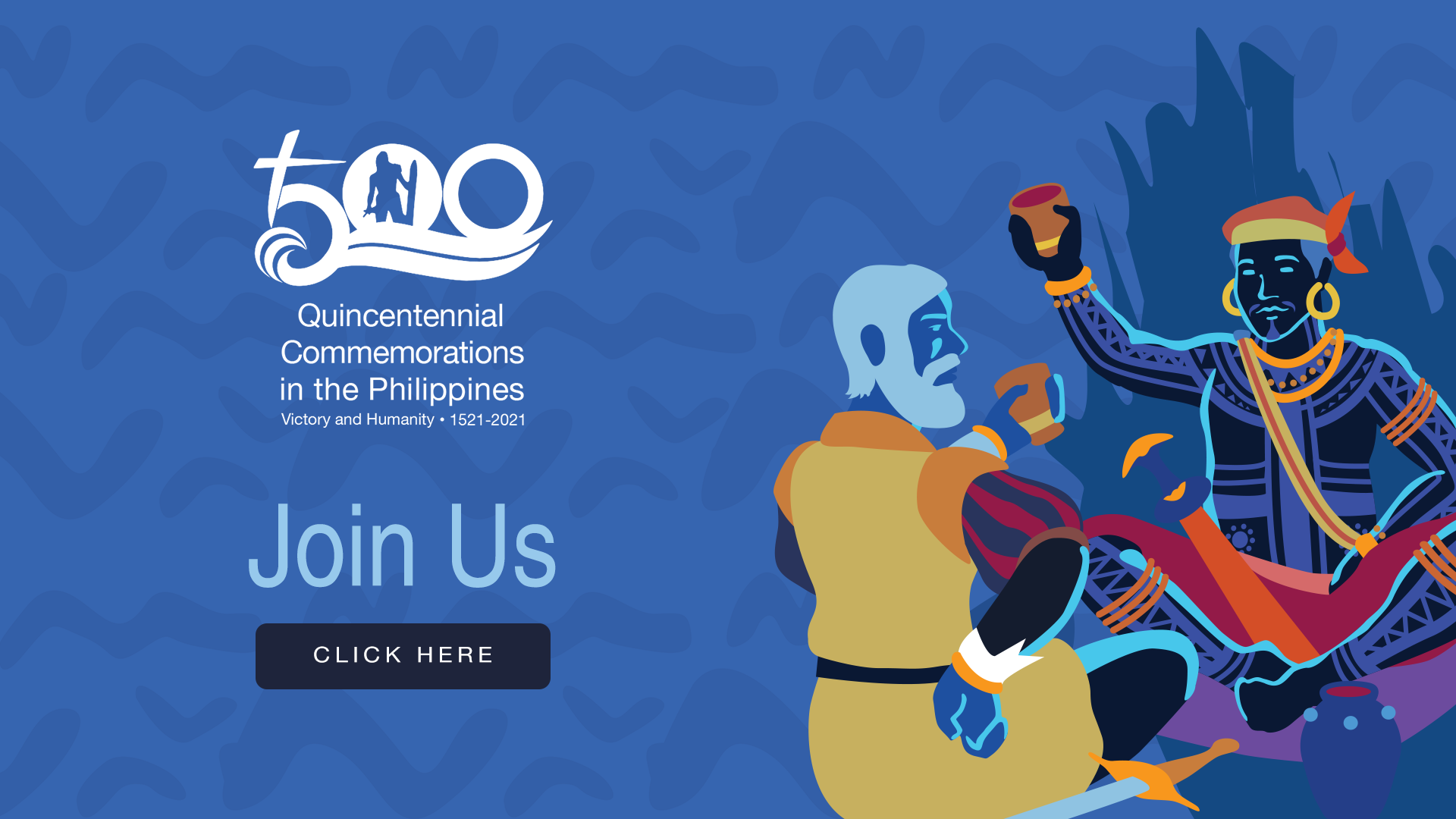We Cannot Distill Christianity Out of the Filipino
Posted on 31 March 2021
By Usec. Anthony Gerard Gonzales
On behalf of President Rodrigo Roa Duterte, please accept my warmest congratulations to the Catholic faithful for this milestone. Accept as well the warm greetings from the National Quincentennial Committee chaired by Executive Secretary Salvador Medialdea which yours truly is representing. Despite the pandemic we are facing right now, we are still here marking a once-in-a-lifetime opportunity.
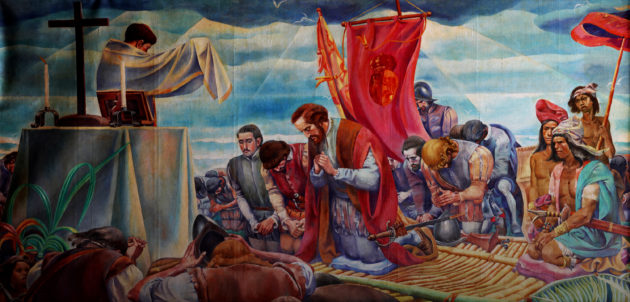
To our ancestors, the period between March 16 and 31, 1521 was an ordinary dry season. But to the foreigners from Spain, who were carried by the current and the wind of the Pacific to Eastern Visayas, it was a Lenten Season. Meaning, it was a period of fasting. When they landed in Philippine soil, especially Homonhon, now under Guiuan, Eastern Samar, it was Sunday of St. Lazarus or the fifth Sunday of Lent. Ferdinand Magellan, a devout Catholic who headed these Spaniards as the captain-general of the Magellan-Elcano expedition, ordered killing a wild boar and indulge their selves in the springs of Homonhon. The following day, March 18, 1521, our ancestors met Magellan for the first time. They gave them food and drinks, even brought them provisions. Then on March 28, 1521, Maundy Thursday, here in Limasawa, Magellan and his crew indulged once again with liquor and other sustenance. Colambu, the Rajah of Limasawa and the most powerful ruler of the Visayas next to the Rajah of Cebu, even ordered serving them with meat.
Did Magellan and his presumably all-Catholic crew break the Catholic custom of fasting? We will further understand this through these words from Antonio Pigafetta, the chronicler of the expedition, to wit:
We were three months and 20 days without getting any kind of fresh food. We ate biscuit, which was no longer biscuit, but powder of biscuits swarming with worms… It stank strongly of the urine of rats. We drank yellow water that had been putrid for many days. We also ate some ox hides that covered the top of the mainyard…
Pigefatta further narrated that they also ate rats on board and that “The gums of both the lower and upper teeth of some of our men swelled, so that they could not eat under any circumstances and therefore died.” “Had not God and His blessed mother given us so good weather we would all have died of hunger in that exceeding vast sea (referring to the Pacific),” the Italian chronicler added.
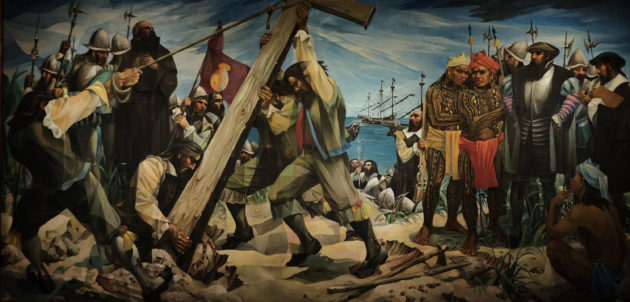
Here, we see how the almost-dying expedition was saved by our ancestors. They were like Lazarus whom Christ brought back to life. And if not for the compassion and kindness of our ancestors in Guiuan, succeeding events leading to what we are commemorating today will no longer be possible. But will God judge Magellan and his crew for breaking the fasting in 1521? Psalm 75:3 says God “will judge uprightly.” Surely, the Almighty understands that the Magellan-Elcano expedition was deprived for four months of the nutrients an ordinary human needs. God is love (1 John 4:8). As a Christian, I tend to believe that God answered the expedition’s prayers: a calm Pacific and meeting the amazing people—our ancestors.
Our ancestors might not fully know what Easter Sunday means, but for us, the majority of their descendants, that story from 1521 matters a lot. It is symbolic because of all Christian celebrations, our ancestors first acquainted Christ on the day of the latter’s Resurrection. Then our ancestors, through Colambu and his sibling, Siaui, the rajah of Butuan-Calaghan, joined Magellan in erecting a cross atop the highest point of the island, to serve as a reminder of Christ’s presence in this part of the world.
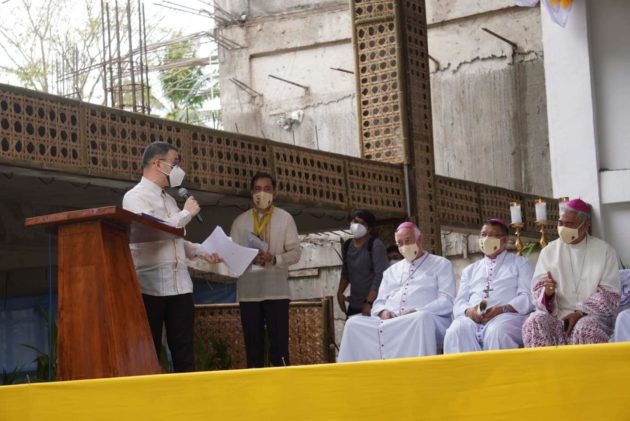
The succeeding generations thereafter had a clearer understanding of Christianity. The faith might be foreign-introduced, but our ancestors loved acquainting various cultures and faiths which for them had value. It just so happened Christianity was so widespread that we owned it and Christ, by process, became us—we identify to his sacrifices and his teachings of loving one’s fellow human being which is pakikipagkapwa in our own culture. But our ancestors would not appreciate Christ if not for the early missionaries who defended them from the atrocities of Spanish officials. Let me borrow the remarks of the Spanish writer Juan Alvarez Guerra in 1898. He said:
The [early missionaries] were all patriots, and the majority of them were gentlemen, liberal and humane. They lived the intimate life of the Indio and everybody set up a family that is more or less spiritual… Anyone would have tried to raise those towns wherein the Indio wholly belonged to the friar and the friar wholly for the Indio! Everybody constituted a family.
Guerra continued:
The confidence that Indio felt for the friar was also reflected in the external manifestation of his faith. In the span of centuries, no other people in the world have celebrated its religious feast with as much magnificence as that of the Indio. All images of the Catholic orb were gathered and the majority of them adorned the Indio homes. There was no commemoration unprepared, a saint not honored, a congregation neglected nor a bell left idle…
Guerra admitted that “If the earlier traditional friar had not disappeared, [the Philippine Revolution] would have been impossible.” But the birthing of the Filipino nation was destined to happen, and we became the first democracy and republic in Asia. And mind you, this republic and democracy were born in Barasoain Church. We even had a Military Chaplain during the First Philippine Republic in the name of Gregorio Aglipay. We cannot distill Christianity out of the Filipino, vice versa. The acceptance of faith and the maladministration that caused the Philippine Revolution should be qualified in their respective context of time. As President Duterte said during the unveiling of the historical marker of Samar for the 500th anniversary of the first circumnavigation of the world on March 18, “We are conscious that it was the reality of the moment at that time.”
In moving forward, history is the ultimate judge. We cannot disown what had happened but learn from it not to happen again vis-à-vis acknowledge what have we become and appreciate our present being.
Anthony Gerard Gonzales is an Undersecretary of the Office of the Presidential Assistant for the Visayas and a member of the National Quincentennial Committee. Speech delivered during the 500th anniversary of the First Easter Mass in the Philippines, Limasawa, Southern Leyte, 31 March 2021.
